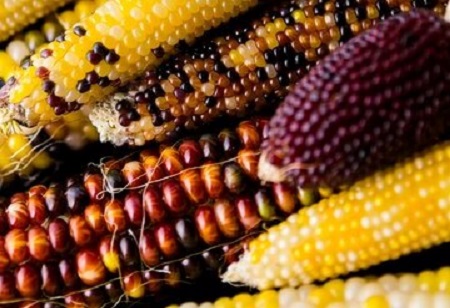
Enhancing crop yield and productivity
A major role of genetic engineering in creating GM crops is to improve the crop yield and maximize productivity. Crops become robust as well as less susceptible to yield losses when traits that confer resistance to pests and diseases are introduced. For instance, Bacillus thuringiensis genes can be incorporated into crops for producing proteins toxic to particular insect pests, and this in turn helps decrease the need for chemical pesticides.
Furthermore, genetic engineering enables the modification of crops in order to tolerate environmental stresses, that include salinity, drought, or even extreme temperatures and this is done by introducing genes which make the plant to thrive in challenging conditions. For example, drought-resistance crops can help maintain productivity in regions with limited water availability, which would contribute to more reliable food production.
BetterSeeds offers genetically modified seeds. The company uses the CRISPR-CAS9 genome editing technology for selectively altering traits in the crops. Hence, this solution helps in the development of high-quality yields that are beyond the means of conventional cross-breeding practices.
We use cookies to ensure you get the best experience on our website. Read more...